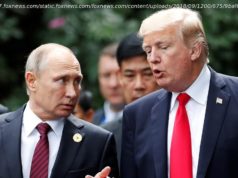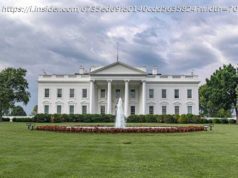Array
As China’s ruling Communist Party holds a congress this week, many Beijing residents are focused on an issue not on the formal agenda: Will the end of the meeting bring an easing of China’s at times draconian zero-COVID policies that are disrupting lives and the economy?
It appears to be wishful thinking. As the world moves to a post-pandemic lifestyle, many across China have resigned themselves to lining up several times a week for COVID-19 tests, restrictions on their travels to other regions, and the ever-present possibility of a community lockdown.
There is nothing we can do, Zhang Yiming, 51, said this week at a park in Beijing. If we look at the situation abroad, like the United States where over 1 million people have died, right? In China, although it is true that some aspects of our life are not convenient, such as travel and economy, it seems that there is no good solution.
People are looking to the party congress, which ends Saturday, for two reasons. The meeting, which is held every five years and sets the national agenda for the next five, can send signals of possible changes in policy direction.
Secondly, authorities always tighten controls – COVID-19 and otherwise – before and during a major event to try to eliminate disruptions or distractions, so they could relax controls when the event ends.
Any hopes for an easing, though, appear to have been dashed before the congress. The Communist Party’s newspaper, the People’s Daily, published a series of opinion pieces on the effectiveness of China’s zero-COVID approach, and health officials said last week China must stick with it.
China’s leader, Xi Jinping, praised the policy at the opening ceremony of the congress. He said it had prioritized and protected people’s health and safety and made a tremendous achievement in striking the balance between epidemic response and economic and social development.
After an initial outbreak in early 2020 that killed more than 4,000 people and overflowed hospitals and morgues, China was largely successful in taming the virus while other countries were overwhelmed with it – a contrast trumpeted in Communist Party propaganda.
Then came omicron in late 2021. China had to employ ever more widespread restrictions to control the faster-spreading variant, locking down entire cites and starting regular testing of practically the entire population of 1.






